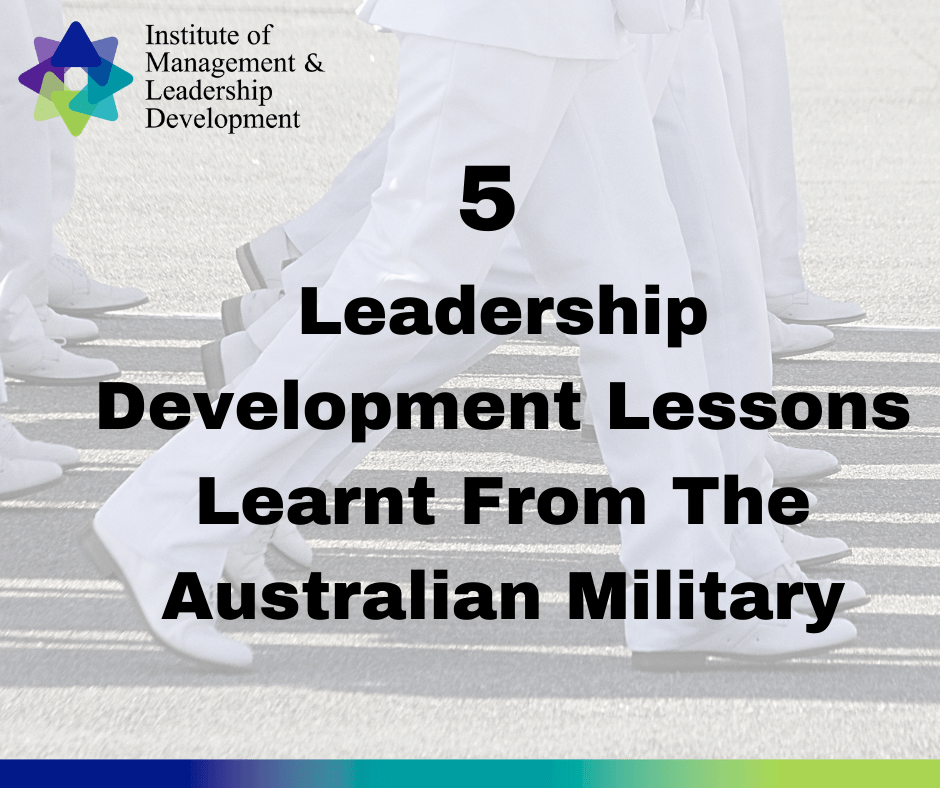It takes more than 1 person to fulfil on a dream, a vision or a business strategy. If you ask any great leader how they achieved their goals and set about achieving thir vision, they will name a mentor, a coach, a trusted advisor, friend, relative or team to helped them along the way and guided them to achieving that goal.
Importantly, a team, coach or mentor provides leaders with both a sounding board for ideas and a critical eye and ear to keep them on the right path.



 I was one of the first people to see The Avengers – I love Marvel comics that have been turned into movies. One of my favourite characters is Hawkeye, an expert bowman who has a specific arrow for seemingly every situation that arises. Need to unlock a security keypad? He has an arrow for that. Take down a large-scale alien spacecraft? He has one for that as well.
I was one of the first people to see The Avengers – I love Marvel comics that have been turned into movies. One of my favourite characters is Hawkeye, an expert bowman who has a specific arrow for seemingly every situation that arises. Need to unlock a security keypad? He has an arrow for that. Take down a large-scale alien spacecraft? He has one for that as well.
 Leadership is a very popular topic at the moment. Politicians don’t show enough of it (or the right type), mining CEO’s are vocal about it and football teams have so much of it they have leadership groups and sub-groups. Everyone has an opinion on what is good leadership, and (according to the media) it seems that all of the identifiable leaders in Australia seem to lack it in some substantial way.
Leadership is a very popular topic at the moment. Politicians don’t show enough of it (or the right type), mining CEO’s are vocal about it and football teams have so much of it they have leadership groups and sub-groups. Everyone has an opinion on what is good leadership, and (according to the media) it seems that all of the identifiable leaders in Australia seem to lack it in some substantial way. Managers could use their training budgets far more effectively if they thought about problems in their business the same way as they thought about their own health.
Managers could use their training budgets far more effectively if they thought about problems in their business the same way as they thought about their own health.